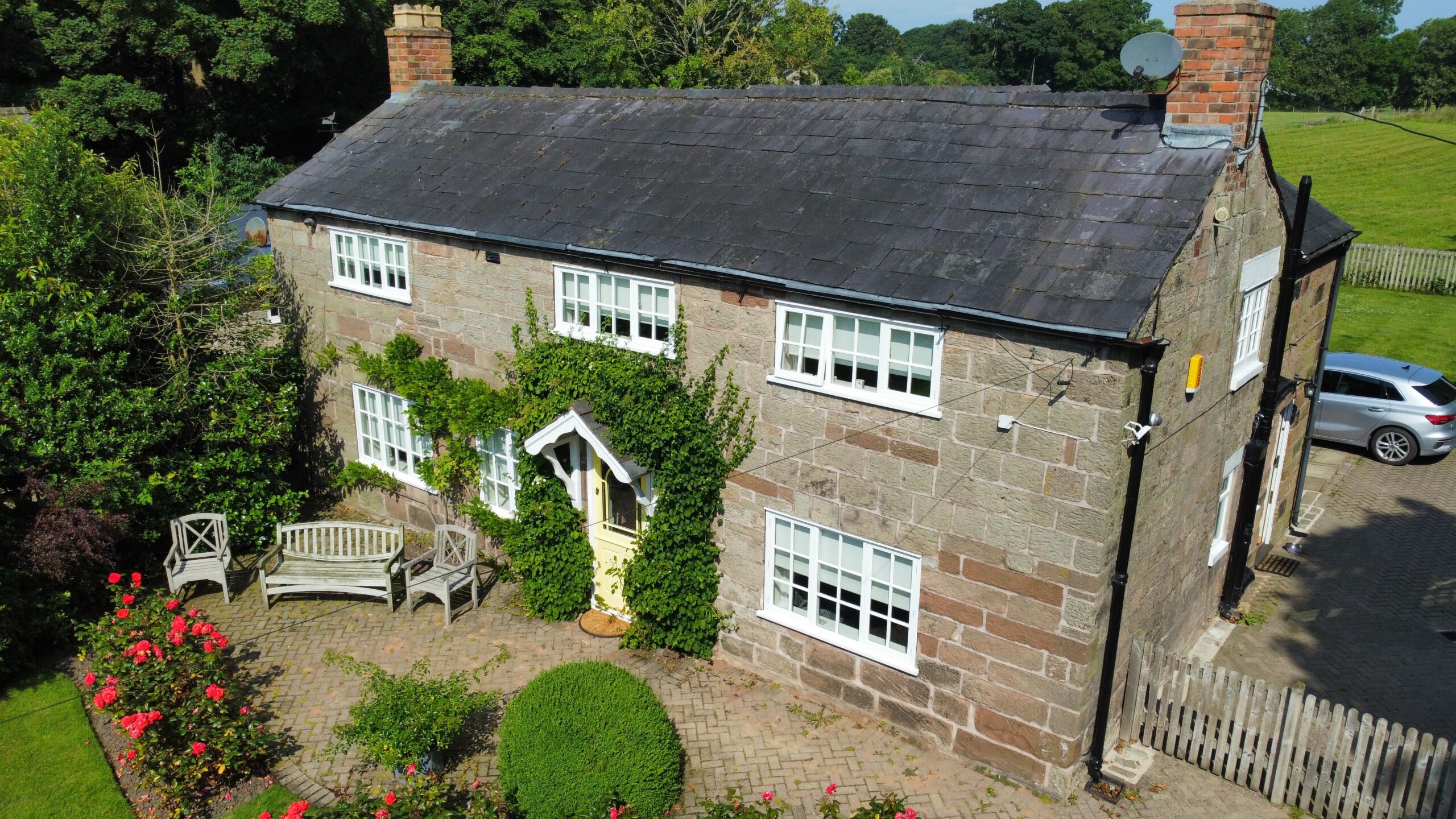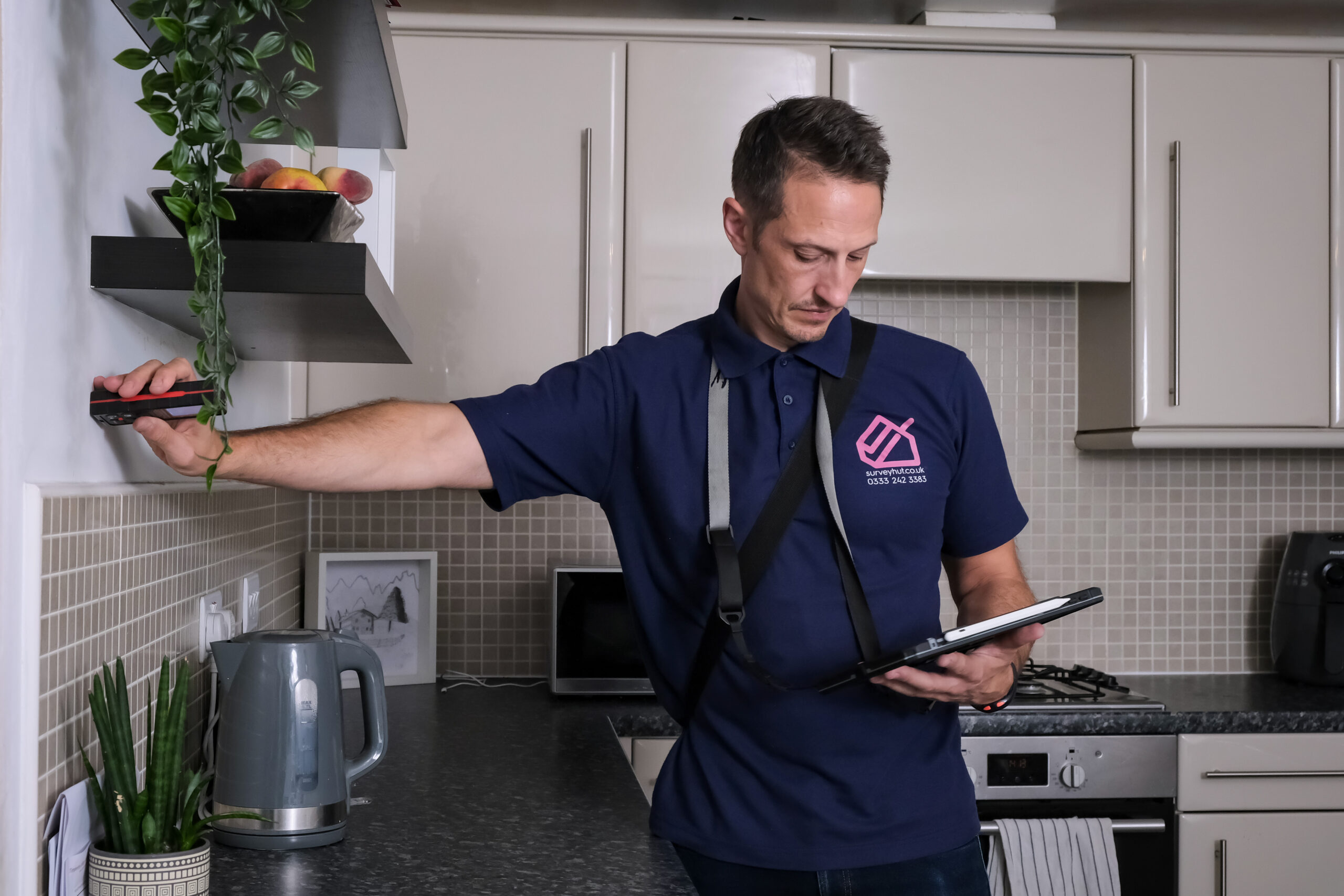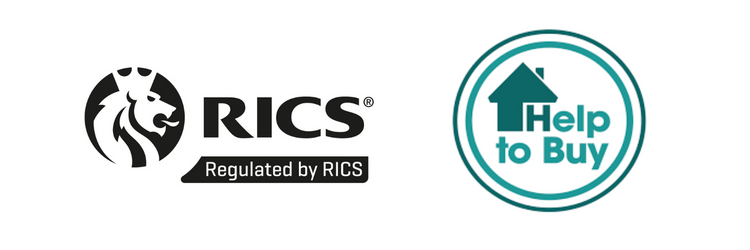Buying a house is exciting, but it comes with many costs. One expense you might not expect is surveyor fees. These fees pay for a professional to check the property before you buy it.
A survey helps you spot problems with the house, and it can save you money in the long run. The cost of a survey usually ranges from £375 to £1,275, depending on the type of survey and the property size.
You also have different survey options to choose from. Each type offers different levels of detail. The more thorough the survey, the higher the cost. But don’t worry – we’ll guide you through the choices to help you pick the right one for your needs.
Navigating Surveyor Fees for Buying a House
Surveyor fees can vary based on the type of survey and property details. Knowing what influences costs can help you budget for this important step in buying a house.
Types of Surveys Offered
The RICS (Royal Institution of Chartered Surveyors) offers three main levels of home surveys. Level 1 is a basic condition report, best for newer homes in good condition. It’s the cheapest option.
Level 2 is a HomeBuyer report. It’s more detailed and suits most properties in reasonable condition, and those built since 1920. This mid-range survey is popular with many buyers. At Survey Hut, we also offer a more advanced Level 2 PLUS Survey, which adds additional checks in hard-to-reach areas.
Level 3 is the most comprehensive. It’s a fully-detailed survey, ideal for older homes or those needing repairs. It costs the most but gives you the fullest picture. We also provide a Level 3 MAX home survey, offering extra reassurance about the condition of services such as electricity, gas and heating.
Each survey type offers different depths of inspection and reporting. The more detailed the survey, the higher the cost.
Factors Influencing Survey Costs
Property size greatly affects survey fees. Larger homes take longer to inspect, so they cost more. The property’s age and condition also matter. Older houses or those in poor shape need more time and expertise to assess properly.
Location can impact prices too. Surveyors in London and other big cities often charge more than those in smaller towns.
Plus, the survey’s urgency can raise costs. If you need it done quickly, you might pay extra for an immediate job.
Some surveyors charge a flat fee, while others base their price on a percentage of the property’s value. Always ask for a clear breakdown of costs before booking.
Potential Additional Costs
Buying a house often comes with extra expenses beyond the basic surveyor fees. These can catch you off guard if you’re not prepared. Let’s look at when you might face extra costs and how to plan for them.
When Extra Fees Apply
Extra fees can pop up if your surveyor finds issues with the property. These might include:
- Damp problems
- Roofing concerns
- Structural issues
- Timber problems like dry rot
If any of these are spotted, you’ll need to pay for more detailed inspections. These can be pricey, but they’re crucial to understand the full state of the house.
Urgent repairs might also be needed before you can move in. Things like faulty heating or a leaky roof can’t wait. You’ll have to sort these out quickly, which means extra costs can add up.
How to Budget for Unforeseen Expenses
It’s smart to set aside some money for surprises. Here’s how you can plan:
- Save an extra 10% of the house price for unexpected costs
- Get quotes for common repairs in your area
- Ask the seller about recent maintenance work
Remember, older homes often need more work. If you’re buying an old property, budget even more for potential issues.
Keep in mind that ongoing maintenance is part of owning a home. Set up a savings account just for house repairs. This way, you won’t be caught out when something needs fixing.
By planning ahead, you can avoid financial stress when extra costs come up. It’s always better to be prepared!
Choosing the Right Surveyor
Selecting a qualified surveyor is crucial when buying a house. You’ll want to carefully assess their credentials and compare services to find the best fit for your needs.
Evaluating Qualifications and Credentials
Look for surveyors who are members of professional bodies like RICS (Royal Institution of Chartered Surveyors) or RPSA (Residential Property Surveyors Association). These organisations ensure their members meet high standards. At Survey Hut, we’re RICS-regulated!
Check if the surveyor has experience with properties similar to the one you’re buying. Local knowledge can be valuable, as surveyors familiar with the area may spot issues others might miss.
Read reviews from past clients to get an idea of the surveyor’s reputation and quality of work. Don’t be shy about asking for references.
Comparing Quotes and Services
Remember, a cheap survey isn’t necessarily a high-quality survey. Be wary of unusually low quotes, as they might indicate a less thorough service.
Ask your surveyor about the different types of surveys offered. The RICS offers three levels:
- RICS Home Survey Level 1 (Condition Report)
- RICS Home Survey Level 2 (Homebuyer Report)
- RICS Home Survey Level 3 (Building Survey)
Choose the survey that best suits your property and budget. For older or unusual homes, a more detailed survey like the Level 3 might be worth the extra cost.
Make sure you understand what’s included in each quote. Survey Hut offers extras like thermal imaging and aerial drone assessments, for added peace of mind.
Survey Reports and Next Steps
Survey reports give you key details about a property’s condition. They help you make informed choices and can be useful in negotiation talks with sellers.
Understanding Your Survey Report
Your survey report will highlight any issues with the property. It may include a condition report, which grades different parts of the house. The HomeBuyer report is common for standard properties. It covers major problems but doesn’t look behind walls.
An RICS valuation tells you the property’s value. This can be handy when getting a mortgage. For older or unique homes, you might need a full Building Survey. This checks for hidden defects and potential risks.
Read your report carefully. Look for red flags like damp, Japanese Knotweed, or roofing issues. Pay attention to the surveyor’s recommendations. They might suggest further checks by specialists.
Using the Survey in Negotiations and Planning
Your survey report is a powerful tool when talking about prices with sellers. If it shows problems, you can ask for repairs or a lower price. Be ready to chat about the issues found.
Make a list of needed fixes and their likely costs. This helps you plan your budget and decide if the house is right for you. Some issues might be deal-breakers, while others could be easy fixes.
The survey can also guide your future plans for the property. It might point out areas that need work soon. This lets you save up or plan improvements over time.
Remember, the survey gives you a snapshot of the house on that day. It’s meant to protect you from buying a home with hidden defects.
Get in touch with Survey Hut today for a comprehensive Home Survey. We are held to the highest professional standards by the RICS, so you know that you’ll get a high-quality report. Make sure your perfect home, is perfect.
Sharing is caring!




